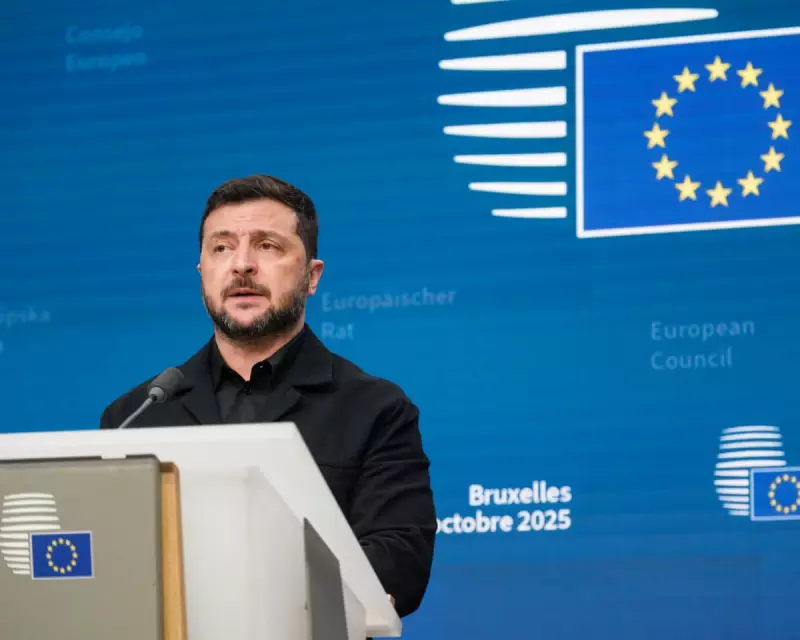
The European Union has taken a historic step by formally inviting Ukraine to begin accession negotiations, marking a significant moment in the country's westward trajectory amid ongoing conflict with Russia.
The Path to Membership Begins
In a move that signals strong political support for Kyiv, EU leaders have officially extended an invitation for Ukraine to start the complex process of joining the 27-nation bloc. This development comes as Ukrainian forces continue to defend their territory against Russian aggression, with the war now entering its fourth year.
The invitation represents a crucial political victory for President Volodymyr Zelenskiy, who has made EU membership a central goal of his administration since taking office in 2019. Ukrainian officials have greeted the news with cautious optimism, recognising both the symbolic importance and practical challenges ahead.
Substantial Hurdles Remain
Despite the celebratory mood in Kyiv, European officials and diplomats are emphasising that the road to full membership will be long and demanding. The accession process typically takes years, sometimes decades, and requires candidate countries to align their laws and standards with thousands of EU regulations.
Ukraine must implement comprehensive reforms across multiple sectors, including judiciary, anti-corruption measures, and public administration. The European Commission will closely monitor progress in these areas before recommending the opening of formal negotiation chapters.
Several EU member states have expressed concerns about the bloc's capacity to absorb a country of Ukraine's size and with its significant economic challenges. The ongoing conflict adds another layer of complexity, with questions about how accession talks can proceed while military operations continue.
Broader Implications for European Security
The decision to invite Ukraine carries profound implications for the European Union's future structure and security architecture. Expanding eastward would bring the EU's borders directly to Russia, fundamentally altering the geopolitical landscape of the continent.
European leaders are weighing the strategic importance of anchoring Ukraine firmly within the Western democratic sphere against practical considerations about the bloc's functioning and budget. The Common Agricultural Policy and cohesion funds would require significant restructuring to accommodate a new member of Ukraine's agricultural capacity and development needs.
Meanwhile, other candidate countries in the Western Balkans are watching developments closely, concerned that Ukraine's accession process might slow their own progress toward EU membership. Brussels faces the delicate task of balancing multiple enlargement processes while maintaining momentum for reform across all candidate nations.
The coming months will be critical as Ukrainian officials begin the technical work of preparing for negotiations, while EU institutions develop their approach to this unprecedented enlargement scenario occurring alongside an active conflict.





